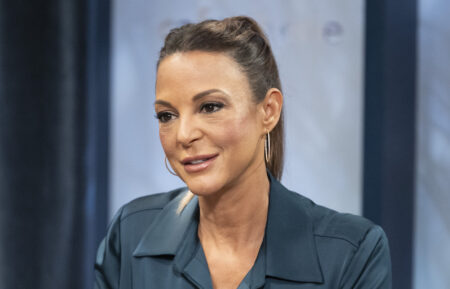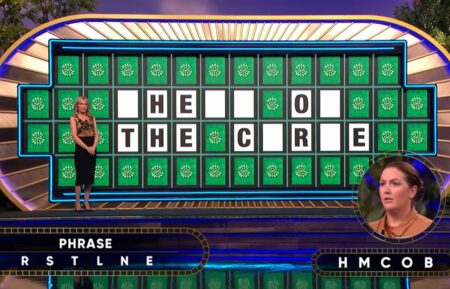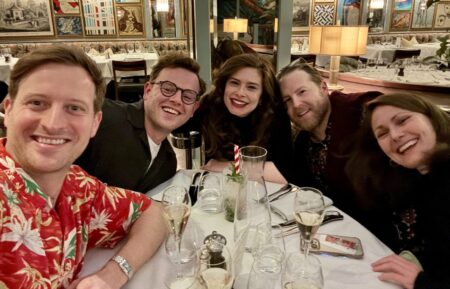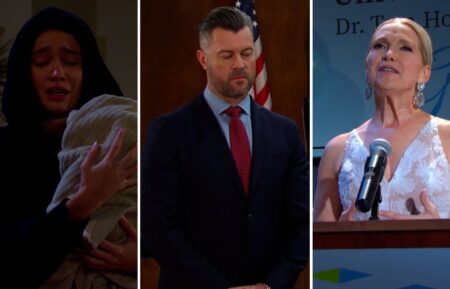Mad Men’s Cynical Streak: When All That Should Glitter Is Actually … Gross
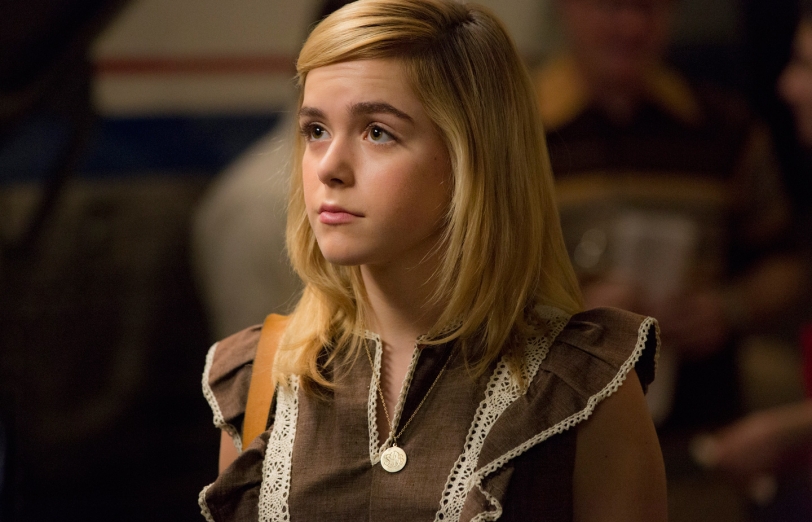
Everyone’s ripping down the fairytales and fictions with cynicism in this week’s Mad Men. The cutesy Tinkerbell-cookie pitch for Peter Pan peanut butter gets rejected. Don insists his real estate agent sell potential buyers some story about millionaire Frisbee creators and French castles, despite the emptiness of the apartment. Pete is frustrated that a divorce and a move weren’t enough to wipe clean his past for a fresh start.
The show has always sought to undermine the characters’ self-created narratives and dreams, proving to them and the audience that they aren’t as wonderful as they may seem. But now, the results is less shamed disappointment in reality and more angry frustration at the attempt to create the fairytale at all. Joan’s new lover spins ideas about spontaneous romantic getaways, only to turn callous when she disrupts his plan for no plans by revealing she has a kid. “I’m sending my son away. And if I have to choose between you and my son, I choose you,” she later retorts, dripping with accusatory acid and underlining the foolishness of his fantasy.
It’s just one sarcastic arrow in an episode with a quiver of bitter barbs. “You’re SO much better at painting a picture,” Ted says to Don as explanation for foisting onto him the responsibility for Roger’s speech. When Don turns Peggy’s request for a performance review into an existential exercise, she has no patience for his subtle attempt to undermine her goals: “Why don’t you write down all of your dreams, so I can shit on them,” she says. As Betty reminisces about her multi-state tour, Sally cuts her down: “Weren’t they still colonies?” And when mom begins to caution her about boys, the teen Draper tosses back with “This conversation is a little late – and so am I,” knowing just the sort of joking lie that will unnerve Betty the most. The dark humor and vengeful retorts are a different tone for the show, a sign that the ’70s are draining the optimism out of everyone.
Betty, it seems, is the only one clinging to the golden fairytales, but there are cracks even in her façade. When Glen stops by, ostensibly to invite Sally to join him and another girl for a trip to Play Land, she doesn’t recognize the tall, 80s-hairy, bell-bottomed young man who used to be a little boy to whom she gave locks of her hair. Sally recoils as the two strike up a mutual flirtation, and is enraged when he announces he’s Vietnam-bound with the Army. Later, when he confesses he hoped enlisting would win over storybook-hero-loving Betty (well, and stave off his stepdad’s anger about flunking out of school) and tries to go in for a kiss, he’s rebuffed. “This was going to be the good that came out of this,” he says, disappointed. “I know you know the man I can be.” She sends him away, insisting that he’ll be fine and flashing a reassuring smile; but as soon as his back is turned, her face falls. Even Betty – with her springy floral dress and perfectly coiffed blonde locks and penchant for picture-perfect Americana and white knights – sees there is nothing to be optimistic about here.
Elsewhere, Don particularly bears the brunt of some harsh truth-telling. When a line he once used to smooth over a client trouble fails miserably for Mathis, the underling furiously tells his boss that he’s not magically charming, he’s just making his way on his looks. “You don’t have any character. You’re just handsome. Stop kidding yourself,” he yells.
But it’s his daughter’s disdain that spurs his reaction. Sally is horrified at home when a visit from Glen devolves into a mutual flirtation between her friend and her mom; she’s even more perturbed when a gal pal tries to charm her dad at dinner. “You can’t control yourself, can you?” she seethes. “Anyone pays attention to you—and they always do—and you ooze everywhere … I want to get on the bus and get away from you and mom and hopefully be a different person than you two.” This, it seems, is enough for Don to strike back. “You ARE like your mother and me. You’re going to find that out. You’re a very beautiful girl. You need to be more than that.”
It’s a strange moment of forward-looking optimism in an episode that brought back the ickiest relationship (Betty and Glen), tarnished the notion of Don’s charm, and leaned hard against the idea of women (Joan and Peggy) ever being able to “have it all.” In the end, as Don faces away from the closed doors of his apartment, which his real estate agent has successfully sold, fantasy and all, he seems almost bemused by the possibility of leaving it behind. But when Don is the sunniest guy on the show, you know it’s going to be short-lived.
From TV Guide Magazine
How 'Countdown' Recruited Jensen Ackles to Go Full 'Die Hard'
Countdown boss Derek Haas talks creating the character around Ackles, and the cast teases the “Avengers”-like team of the crime thriller. Read the story now on TV Insider.




